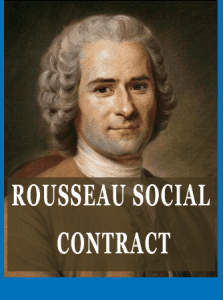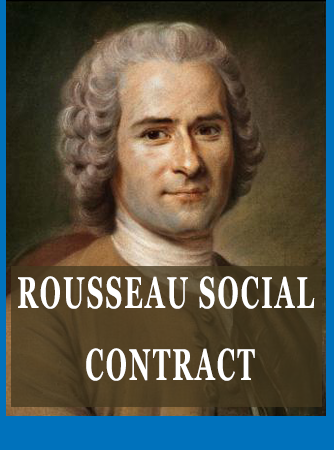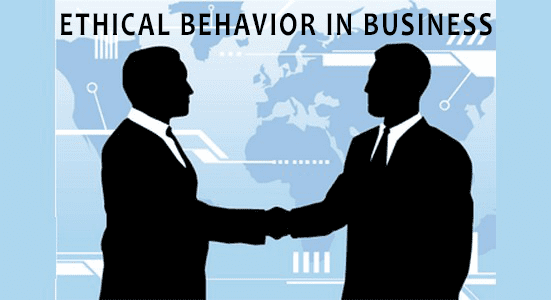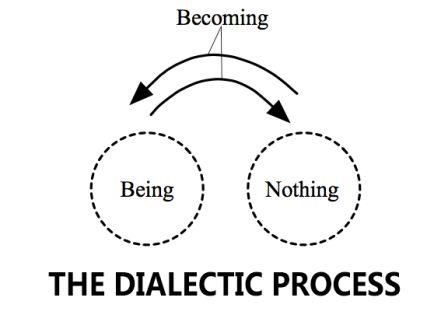Everyone knows about Rousseau’s social contract. The comparison of the viewpoints presented by Hobbes and Rousseau depicts they both support education. Also, their ideologies are applicable in the current world settings. Thomas Hobbes was a political philosopher and thinker who presented his concerns about the importance of education. Hobbes expresses the reasons for attaining knowledge and its relevance to the social order.
Perception of Rousseau’s Social Contract
The views presented by Hobbes define the present world as they explain the importance of education in preventing improperly conceived interests. He emphasizes that moral teaching is vital in promoting properly created societal interests.
He also identifies education as an essential tool for maintaining social order. A society without education cannot attain order or civilization. Rousseau’s social contract favors the power of knowledge in shaping the world and generations.
His idea of education illustrates the cause and effect, explaining the power of knowledge. It presents valid reasoning behind the significance of education as he builds its relevance with enlightenment and empowerment. Knowledge is the central component promoting the development of empirical sciences. It relates to other fields, becoming the cause of human advancements.
The political philosophy of Rousseau’s Social Contract
His most active role in promoting education is the ‘theory of learning.’ In his theory of learning, he explains the logic behind the existence of the world and societies. Without education, people would follow no laws, resulting in political disputes and devastation. Rousseau’s social contract presents more realistic and valid reasoning for the importance of education. The theory explains that people learn to follow laws, natural, moral, and society’s laws through education.
The political philosophy of Rousseau relies on the desire for self-preservation. It encompasses piety, vanity, self-consciousness, and passion for status.

Rousseau writes, “Each one began to look at others and to want to be looked at him, and public esteem had a value.” He highlights the benefits of human advancements, making the world better.
Rousseau’s thoughts on education highlight its significance in human development and enlightenment of the soul. He expresses his concerns regarding the importance of formal education.
Rousseau’s social contract reflects that he encountered difficulties due to having no education.
Rousseau’s View on Education
The assessment of Rousseau’s work depicts that his thoughts on education remain visible in the present world. The educational beliefs he presented shaped societies and people.
However, Rousseau’s views are limited to formal education. While Hobbes also included the role of mathematical abstractions.
Through knowledge, people learn to abide by laws, and the repercussions prevent them from acting wrong.
Lack of formal education caused difficulties for Rousseau in adjusting to society and living with the people. It motivates him to live in solidarity. His thoughts on education promoted society’s educational concerns and developments in various aspects of human life. Rousseau’s social contract argues that education is essential for human beings as it gives them the purpose of living and reshapes them.
the role of education
According to him, the role of education in developing personal thoughts and reasoning is influential. Without education, people rely on the opinions of others, which leads to a weakened human state.
Hobbes expresses his views on the nature of self-centered humans. Through the concept of self-centered beliefs, the philosopher attempts to explain that only the knowledge of the action and consequences prevents society from doing wrong. According to his views, society’s existence was impossible without education and learning.
No force is stronger than the knowledge that could stop humans from committing wrongful acts. Peace and prosperity are also possible due to education. The concept is more apparent in the current world as the public law sets limitations, while the knowledge of statutes prevents people from committing harm to others. Rousseau’s social contract reveals that Hobbes connects education with legal duty.
With increased social-political restlessness, apparent in unemployment and poverty, society would cease to exist if people lacked knowledge of laws and principles. Only the understanding of civil laws prevents people from harming others.
Rousseau’s argument on education is limited to human advancements. At the same time, Hobbes’s viewpoints on education define the role of humans that they take in the current world and are also the logic behind society’s existence.



